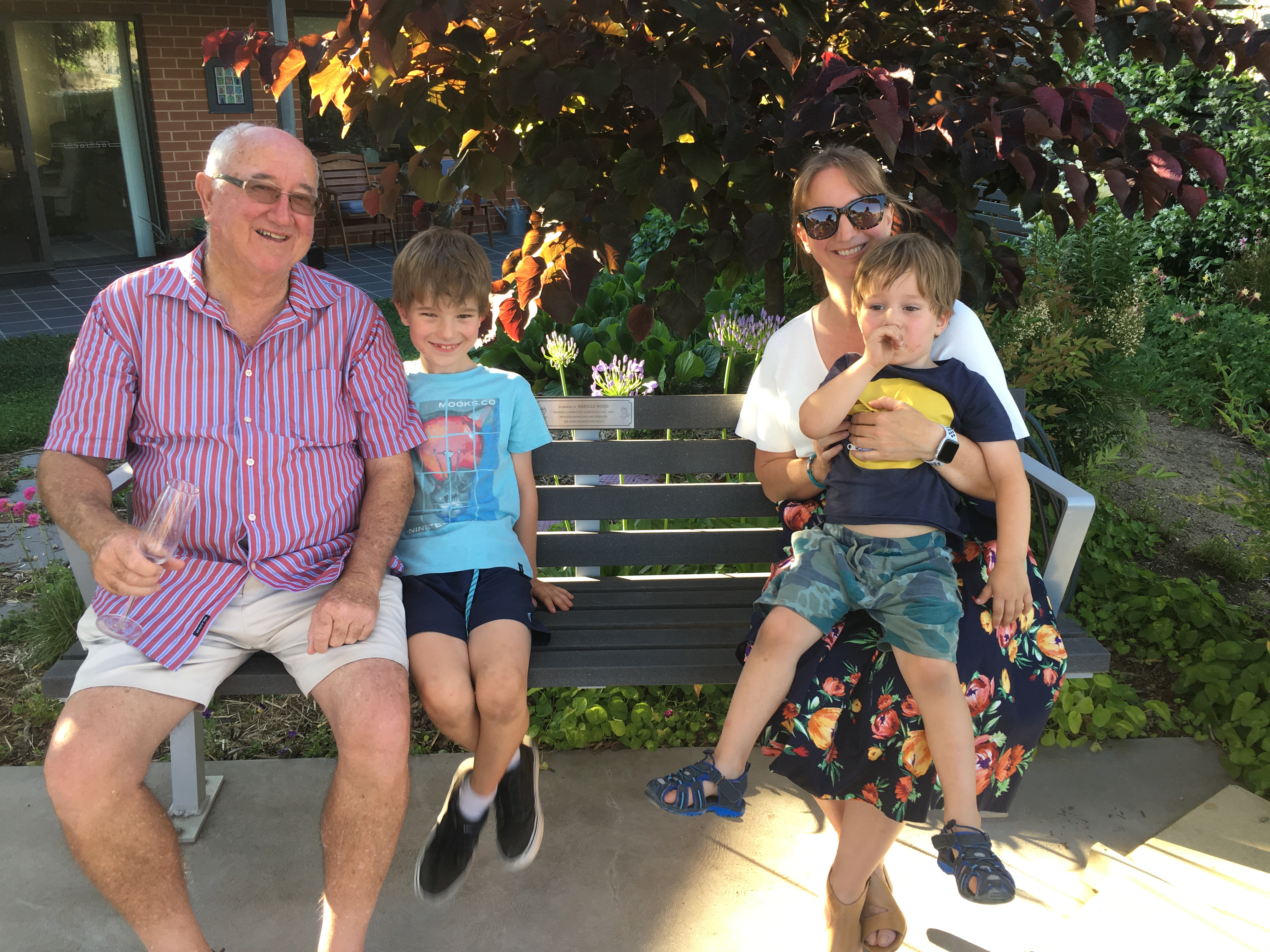Tech in the time of coronavirus

BY HELEN BENASSI
Sir Roland Wilson PhD scholar Helen Benassi on the challenges of technological connection during coronavirus.
In response to coronavirus, we have already seen the rapid adaption of technology changing the nature of our health system.
Individuals have traded some privacy for the greater good (welcome COVIDSafe) and we’ve seen an incredible upswing in the availability and use of telehealth services.
We’re building the plane while flying it—rapidly adapting and demonstrating considerable resilience in the process. But the problem with building a plane while flying is, inevitably, some people will be left in freefall.
I’d like to introduce you to my Dad. Hi Dad. Dad is a veteran in his mid-70s, avid sports fan, sole-trader, Pop day care and an all-round top bloke.
But, Dad is a digital dinosaur (sorry, Dad). I always used to joke that any emerging technology was here to stay once my Dad had adopted it—he got his first mobile phone only two years ago.
During lockdown, I’ve been remotely helping Dad adopt technology to ease his boredom, isolation and manage his health. We tried a family zoom catch-up for Easter, but I was unable to talk him through the download. We tried signing him up for priority online grocery shopping, but he couldn’t work the website. He tried to order his pharmacy prescriptions online but ended up calling the local pharmacy instead.
Now, let me take off my white, middle-class, middle-aged, healthy and employed Ugg boots. Replace Dad with someone already socially isolated. Someone living with dementia or a severe mental illness, someone homeless, incarcerated or living in a remote community with intermittent internet access.
In this time of rapid technology adoption, we need to be mindful of the digital divide and the potential to exacerbate existing socio-economic and healthcare inequities.
My research examines the reach of e-mental health services in the Australian Defence Force community and considers ways technology can improve access to mental health services.
At the end of 2020, the use of e-mental health services may look remarkably different to how it does now. But would we see a change in mental health service inequities? I’m not so sure.
While technology is fostering a sense of connection for many right now, it’s important we don’t leave vulnerable people behind in our rush to embrace it.
Read more about the Sir Roland Wilson Foundation. Keep updated by following us on Facebook and Twitter.




